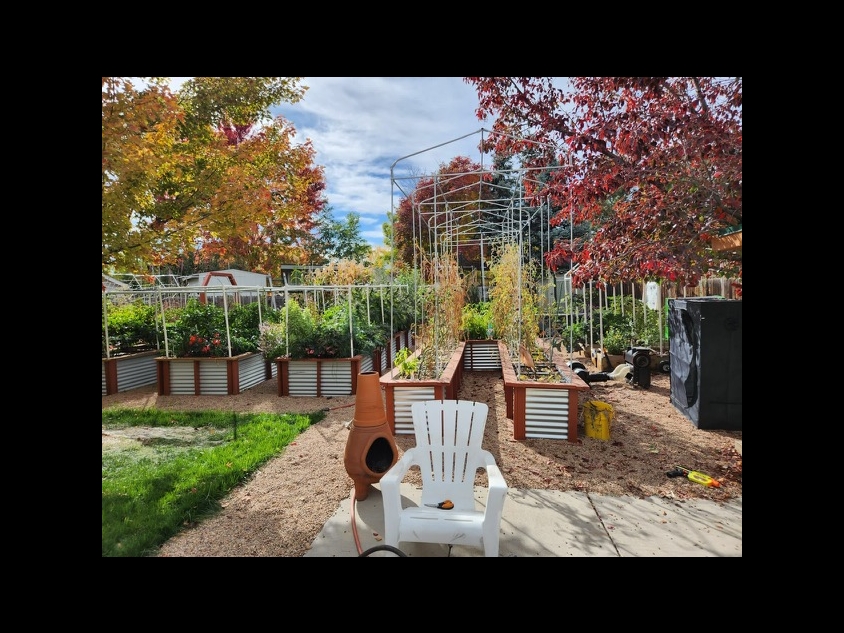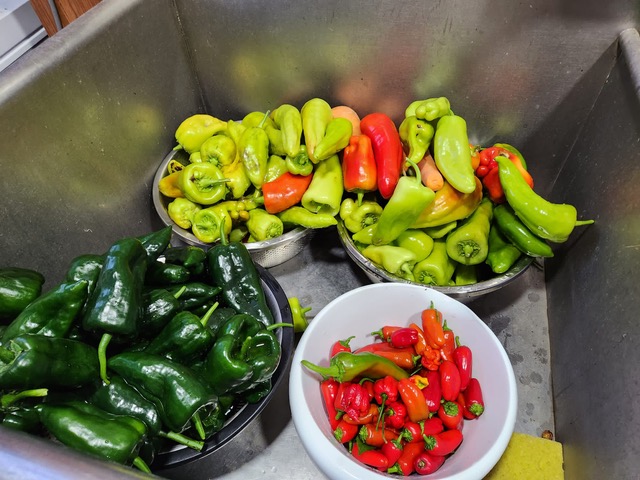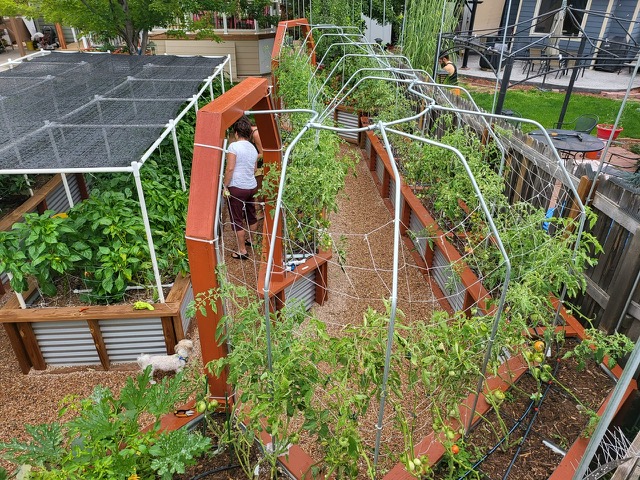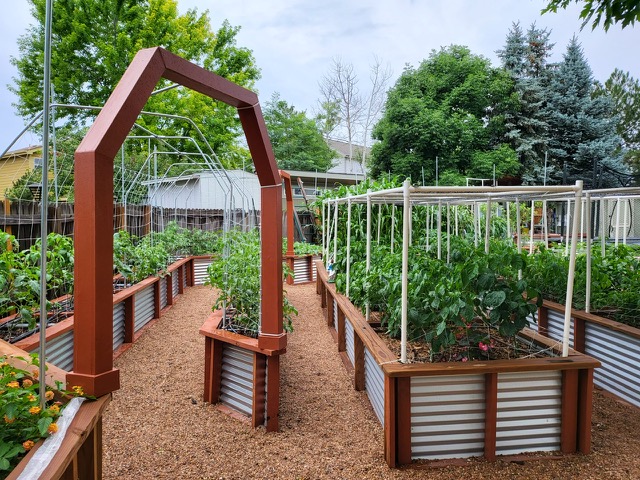
В 1985 году мир объединился в борьбе против голода в Африке: два легендарных концерта Live Aid от U2 и Queen в Лондоне и Филадельфии собрали рекордные $125 млн помощи. Однако почти четырёе десятилетия спустя проблема продовольственной неустойчивости остаётся, усугублённая войной в Украине — едва ли не крупнейшим экспортером зерна. Крупные централизованные агроиндустрии порой производят пищу с химикатами, что вызывает сомнение: нет ли необходимости переместить производство к истокам — обратно в дома?

Революция «агрономики завтрашнего дня»
Regenerative farming — подход, восстанавливающий здоровье почвы, поддерживающий биоразнообразие и снижающий углеродный след. Это уже не фантастика — растительные грядки на заднем дворе или даже на кухне становятся всё более востребованными. Главное преимущество: контроль за продуктом — ты знаешь, что ешь, и не зависишь от химии или неустойчивых методов производства.
Даже методы ведения агробизнеса меняются радикально. Повсеместное внедрение ИИ, Интернета вещей (IoT), метавселенной и блокчейна формируют Agriculture 5.0 — практику, где технологии помогают выращивать, учиться, следить за урожаем и обмениваться опытом в онлайне.


Системы умного полива, климат-контроль, автономные роботы и датчики — всё это уже не концепции, а практические решения.
Вертикальные фермы, такие как iFarm, позволяют круглый год выращивать свежие овощи в городе.
Проекты вроде Agriverse объединяют NFT, ИИ и реальные грядки в виртуальном пространстве, позволяя вести сельское хозяйство через метавселенную — с возможностью покупать, продавать, обмениваться знаниями.
Представьте: вы просыпаетесь, за окном поют птицы, солнечные лучи играют на листьях ваших томатов и рукколы. Всё натуральное, чистое и ваше собственное. Вместо пластиковых пакетов и поездок в супермаркет — забота о почве и о том, что вы едите.
Почва — основа здоровья растений и климата. Компостирование, сидеральные культуры, севооборот — помогают накапливать органику, уменьшать эрозию и задерживать CO₂. Уже не агрохолдинги диктуют правила, а каждый может быть частью цепочки устойчивого питания.
Современные технологии позволяют контролировать процесс даже дистанционно — полив включается, температура регулируется, а урожай собирается автоматически, пока вы в отпуске.
С чего начать?
Начните с малого — контейнер с травами или салатом на балконе или в теплице.
Учитесь и адаптируйте — выбирайте растения, удобрения, инструменты и способы автоматизации в метавселенной или с помощью ИИ.
Делитесь и объединяйтесь — приглашайте соседей, учите детей, создавайте кормовые сети, обмен опытом, укрепляйте связь с природой.
Это не просто тренд — это возможность обеспечить здоровое питание, снизить углеродный след и укрепить сообщество, одновременно заботясь о себе и планете.
По словам Тейта Дуили, CEO Backyard Farming Supply и номинанта Better World на MEWS Summit в Монако, Agriculture 5.0 уже формирует завтрашнее сельское хозяйство — возможно, даже на Луне и дальше.
Авторские права Monaco Voice
Текст защищён законом — носите свои идеи, но цитируйте наш источник с активной ссылкой.

